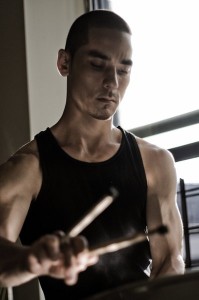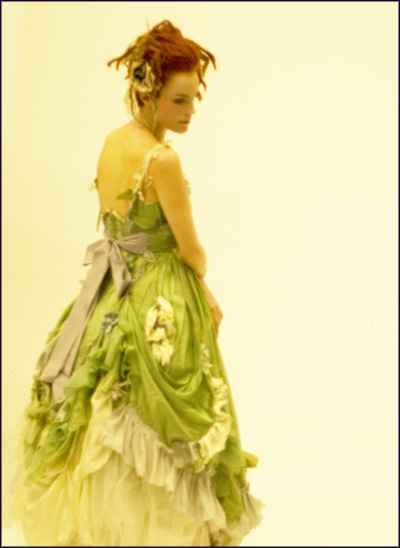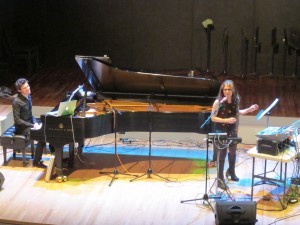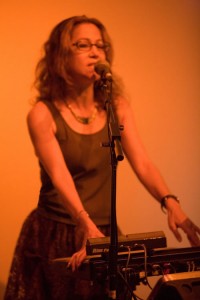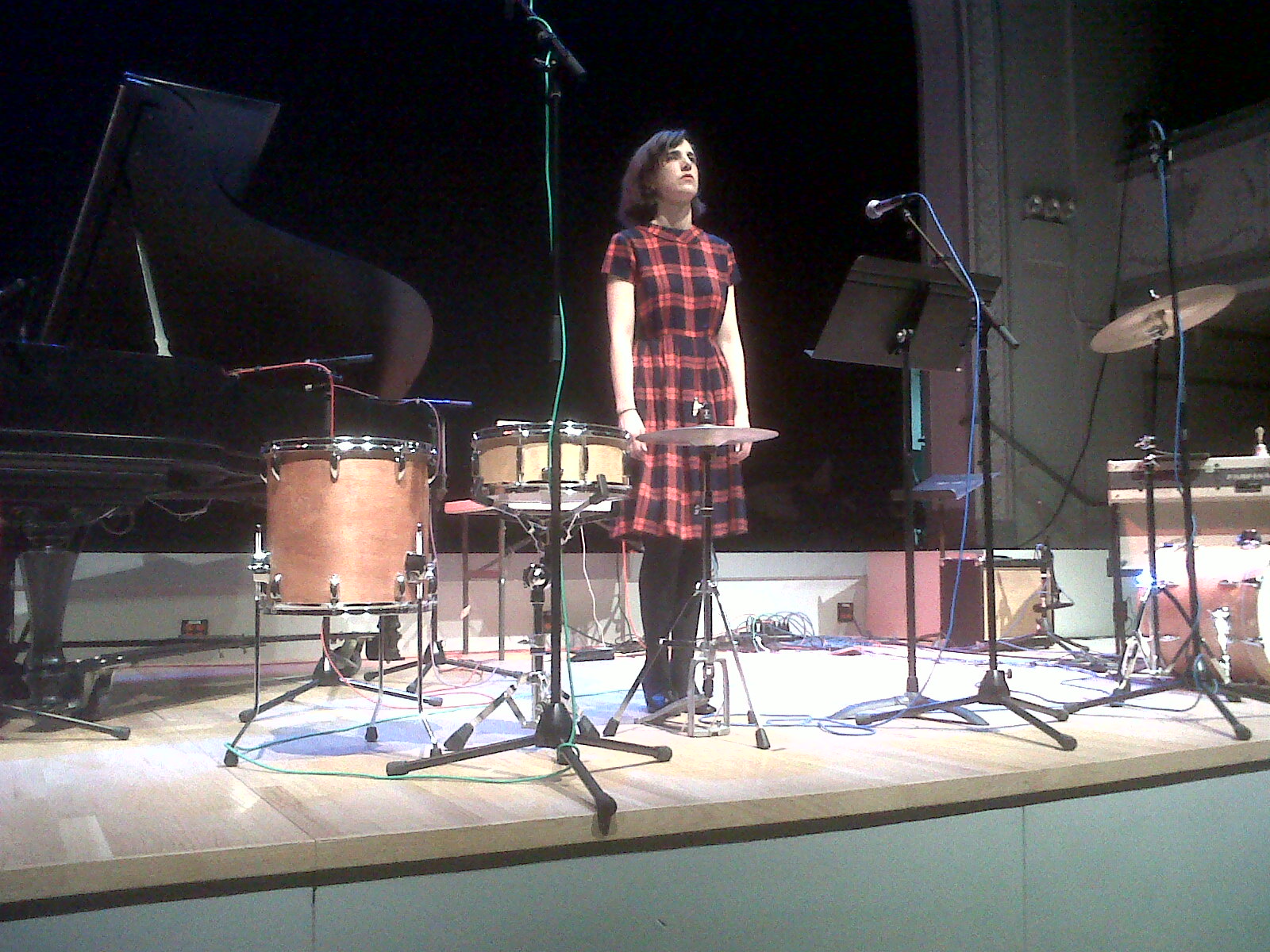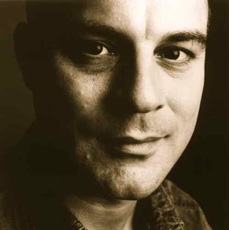
Many of us waited with bated breath during the recent breakdown of talks between management and the orchestra at NYC Opera. Even though the season is proceeding, the company’s plan to keep themselves afloat (if not artistically viable) seems dubious at best. No music director, draconian cuts for the players and chorus, and no base of operations. Instead NYCO will present a truncated season at several venues. After hearing how shabbily the company has treated its employees – while George Steel continues to make in excess of $300,000 – why would they expect their audience to follow them around town? It portends difficult days to come for opera – and opera goers – in the city. Take nothing away from the Metropolitan (although its recent conductor troubles are noteworthy): but a city with New York’s operatic history would seem to have room for more than one major company.
Fortunately, as Zachary Woolfe points out in a recent excellent article in the NY Times, several smaller companies are attempting to fill the void left by City Opera’s vicissitudes. Opera Omnia, Gotham Chamber Opera, DiCapo Opera, and others are making it possible to hear a plethora of works from the repertoire that are unlikely to be programmed any time soon, either at the Met or languishing NYCO: baroque gems, less known Mozart, neglected bel canto, and the like. The remaining challenge, and it’s a daunting one, is to nurture operas by living composers.
To further the efforts of those working towards that end, three longtime champions of contemporary works – HERE’s Kim Whitener and Artistic Director Kristin Marting and Beth Morrison of Beth Morrison Projects (BMP) – have recently announced a promising new venture. Prototype: Opera/Theatre/Now, a festival that they plan to be an annual event, debuts in January 2013.
Unlike NYCO, Prototype will have a single performance venue, HERE’s space in Soho, for which they will try to build an audience. And, also unlike City Opera, the festival, with steady hands at the rudder, will pursue a coherent artistic vision, presenting chamber operas in the contemporary classical/post-classical vein. Some of the names being mentioned as participants in the Prototypes‘s initial presentations should be familiar to those who’ve attended recent editions of VOX: David T. Little, Byron Au Yong, and Bora Yoon.
Dare we hope for an open call for proposals for new chamber operas? More information about Prototype as it’s available.

